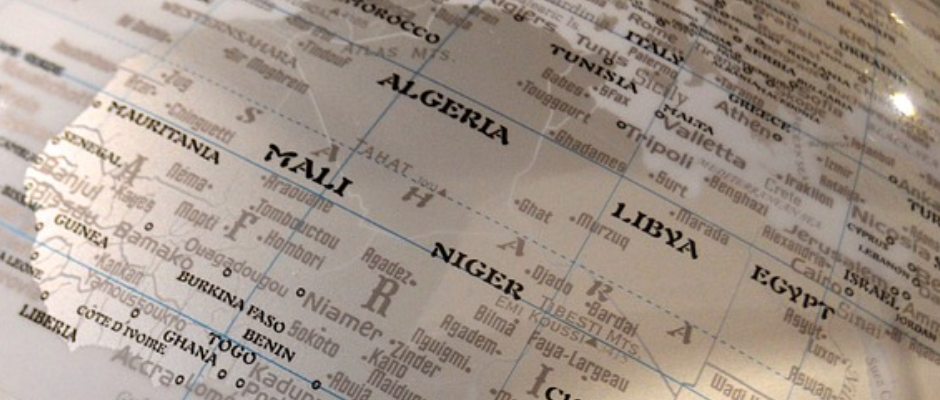
Fiscal decentralization is becoming a pressing issue in a number of countries in sub-Saharan Africa, reflecting demands for a greater local voice in spending decisions and efforts to strengthen social cohesion. Against this backdrop, this paper seeks to distill the lessons for an effective fiscal decentralization reform, focusing on the macroeconomic aspects.
The main findings for sub-Saharan African countries that have decentralized, based on an empirical analysis and four case studies (Kenya, Nigeria, South Africa, Uganda), are as follows:
• Determinants and effectiveness: Empirical results suggest that (1) the major driving forces behind fiscal decentralization in sub-Saharan Africa include efforts to defuse ethnic conflicts, the initial level of income, and the urbanization rate, whereas strength of democracy is not an important determinant for decentralization; and (2) decentralization in sub-Saharan Africa is associated with higher growth in the presence of stronger institutions.
• Spending assignments: The allocation of spending across levels of government in the four case studies is broadly consistent with best practice. However, in Uganda, unlike in the other three case studies, subnational governments have little flexibility to make spending decisions as a result of a deconcentrated rather than a devolved system of government.
• Own revenue: The assignment of taxing powers is broadly in line with best practice in the four case studies, with the bulk of subnational revenue coming from property taxes and from fees for local services. However, own revenues are a very small fraction of subnational spending, reflecting weak cadaster systems and a high level of informality in the economy.
Read the full report:
Niko A Hobdari, Vina Nguyen, Salvatore Dell’Erba and Edgardo Ruggiero. 2018. Lessons for Effective Fiscal Decentralization in Sub-Saharan Africa. Departmental Paper No.18/10. Washington: IMF.



